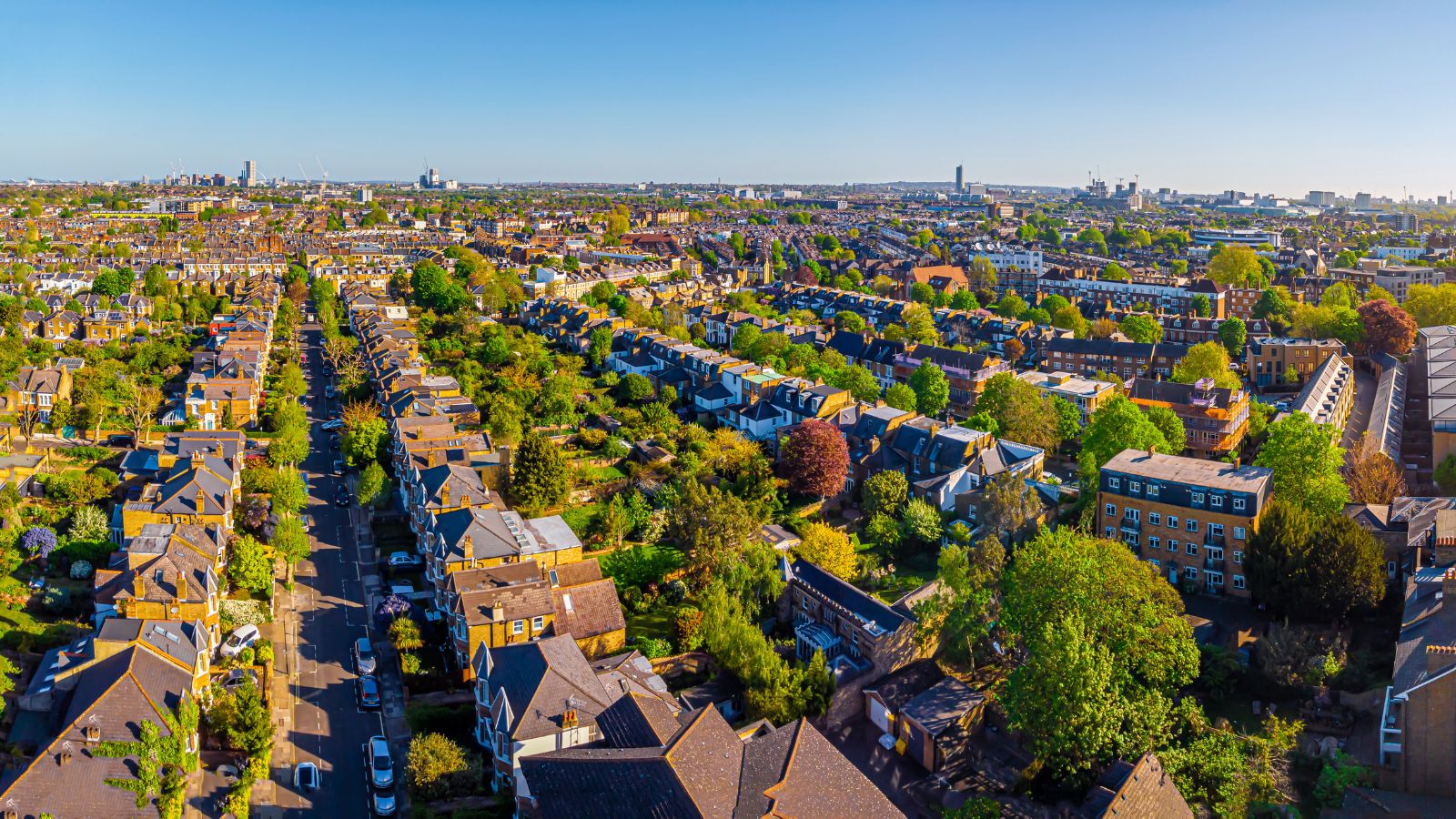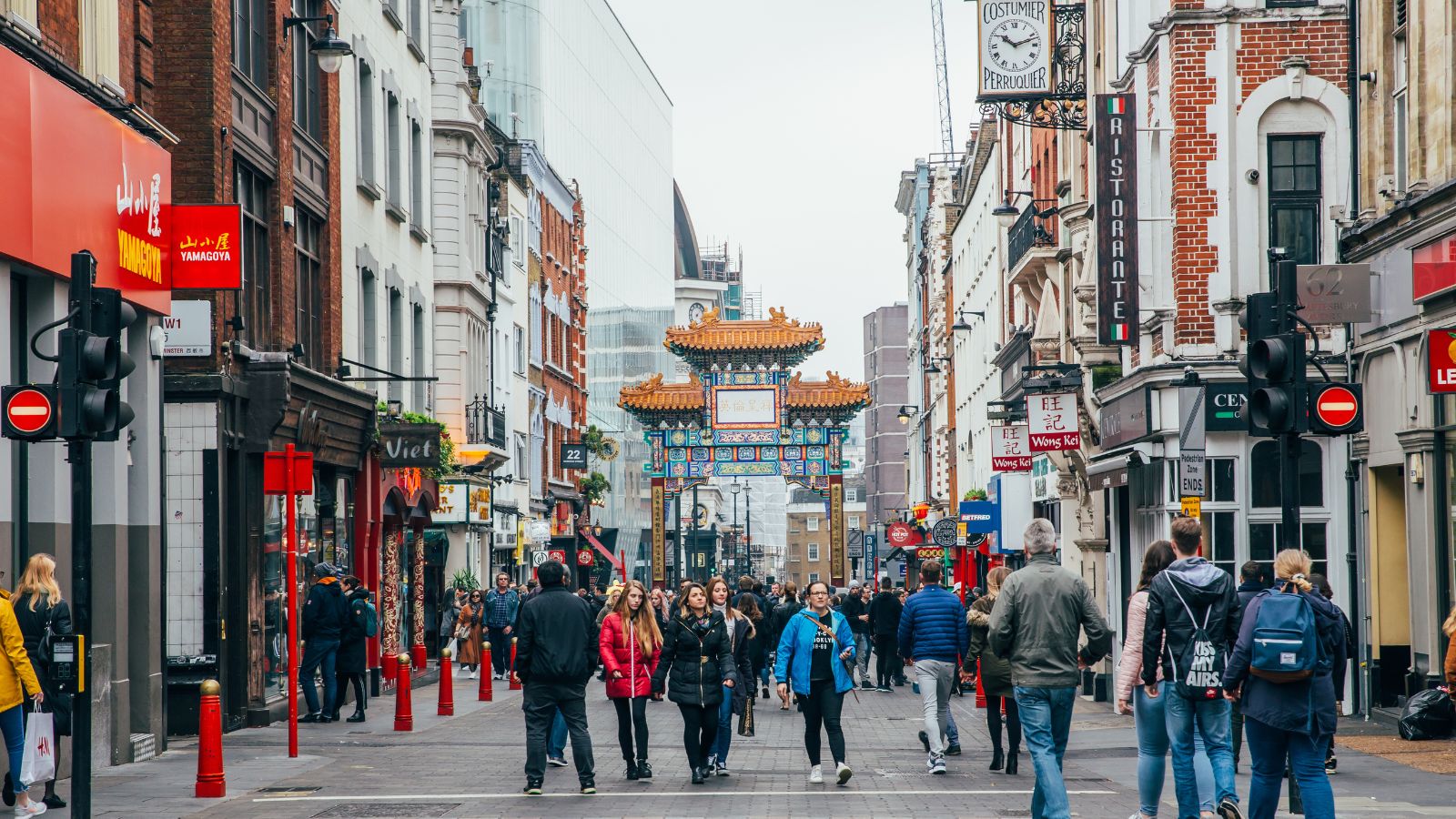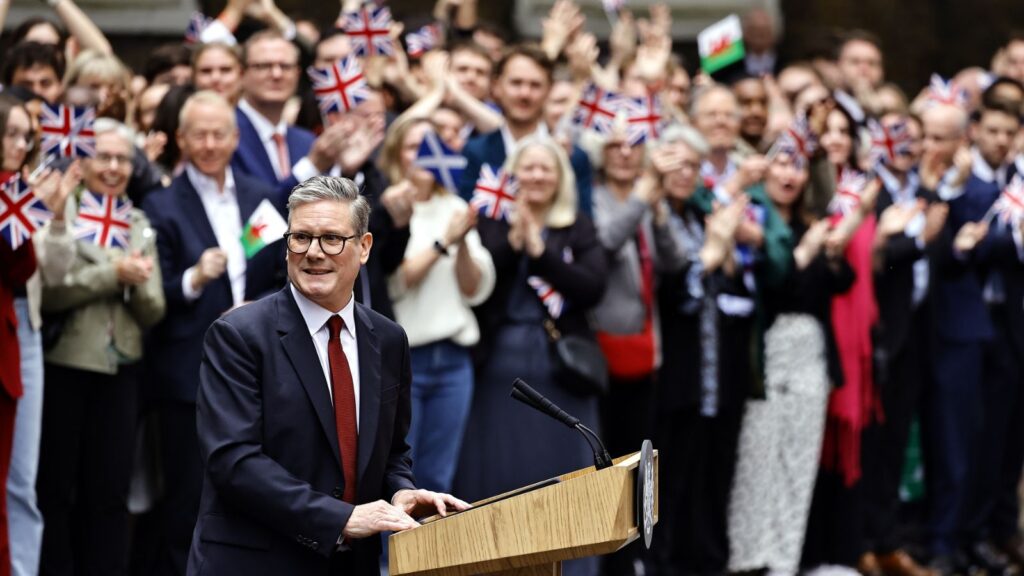In recent years, there have been growing concerns about increasing divisions within the United Kingdom. Whether it’s politics, economics, or social issues, the UK seems to be facing some serious challenges in staying united. Here are 17 key signs that show the UK is becoming more divided.
Social Class Divide

“Britain is still blighted by the class system,” reports The Guardian. The gap between the rich and the poor is widening as wealth inequality has been on the rise. The richest households accumulate more wealth while those at the bottom struggle to make ends meet. This social class divide affects access to quality education, healthcare, and other essential services.
Regional Inequality

The economic disparity between different regions of the UK has been growing. London and the South East continue to prosper, attracting investment and offering more job opportunities. Meanwhile, many areas in the North, Midlands, and parts of Wales and Scotland struggle with high unemployment rates and fewer economic opportunities.
Education Disparities

Educational attainment varies significantly across the UK, too, with children from wealthier backgrounds generally having access to better schools and resources. Private schools and well-funded state schools in affluent areas often outperform schools in poorer regions. This disparity in education creates a cycle where children from disadvantaged backgrounds have fewer opportunities to succeed.
Health Inequalities

Health outcomes are closely linked to socioeconomic status. People living in deprived areas tend to have shorter life expectancies and higher rates of chronic illnesses than those in more affluent areas. Access to quality healthcare can also vary, with some regions having better medical facilities and services than others.
Political Polarisation

Politics in the UK has become more polarised than ever before. 2016 was a major turning point, creating a deep rift between those who wanted different things for the future of the country. This division has continued to shape political discourse, with strong opinions on both sides making it difficult to find common ground.
Housing Crisis

The UK’s housing market is another area where divisions are evident. Property prices in London and the South East have skyrocketed, making home ownership unaffordable for many. In contrast, other regions struggle with inadequate housing and higher rates of homelessness.
Generational Divide

There is a noticeable divide between generations, as younger people often feel that they face more significant challenges than their parents did, such as high housing costs, student debt, and job insecurity. Older generations may feel that younger people do not understand or respect their values and experiences.
Cultural and Ethnic Tensions

The UK is home to a diverse population with a rich mix of cultures and ethnicities. However, this diversity can sometimes lead to tensions and misunderstandings. Issues such as immigration, integration, and identity can be sources of conflict, and in some cases, these tensions have been exacerbated by political rhetoric and media coverage.
Digital Divide

Access to technology and the internet is not evenly distributed across the country either. While many urban areas enjoy high-speed internet and advanced digital infrastructure, rural and less affluent areas often struggle with poor connectivity. This digital divide affects education, job opportunities, and access to information.
Brexit Aftershocks

The aftermath of the Brexit vote continues to divide the UK. The complex and often contentious process of leaving the EU has created ongoing political and social friction. Differences in opinion about Brexit have permeated family discussions, workplaces, and communities, making it a topic that continues to polarise the nation.
National Identity Crisis

Questions about national identity have become more pronounced in recent years, as the UK’s relationship with the rest of the world—particularly post-Brexit—has led to a re-evaluation of what it means to be British. This identity crisis can be seen in debates over immigration, multiculturalism, and regional autonomy.
Rise of Nationalism

Scotland, Wales, and Northern Ireland have gained momentum for nationalist movements, reflecting growing discontent with the central government in Westminster. Calls for independence and greater autonomy are louder than ever, with some regions feeling that their voices are not adequately represented.
Impact of Austerity

Years of austerity measures have had a profound impact on public services and the welfare state. Cuts to funding for healthcare, education, and social services have disproportionately affected the most vulnerable populations, and this strain on public services has led to increased dissatisfaction.
Urban vs Rural Divide

There is also a growing divide between urban and rural areas in the UK. Urban areas tend to have more diverse populations, better job prospects, and greater access to services and amenities. In contrast, rural areas often face challenges such as limited public transport, fewer job opportunities, and declining local services.
Media Influence

The media plays a significant role in shaping public opinion and can sometimes exacerbate divisions because different media outlets often have distinct political leanings, influencing how issues are presented to the public. The rise of social media has also contributed to the spread of misinformation and echo chambers, where people are exposed only to views that reinforce their own.
Trust in Institutions

Trust in public institutions, including the government, media, and judiciary, has declined in recent years. Scandals, perceived corruption, and a sense of disconnection from those in power have eroded public confidence, and this lack of trust can lead to cynicism.
Impact of Globalisation

Globalisation has brought significant changes to the country, creating both opportunities and challenges. While some have benefited from increased trade and cultural exchange, others feel left behind by the rapid pace of change. Job losses in traditional industries, concerns about immigration, and fears of losing cultural identity have all contributed to this.







